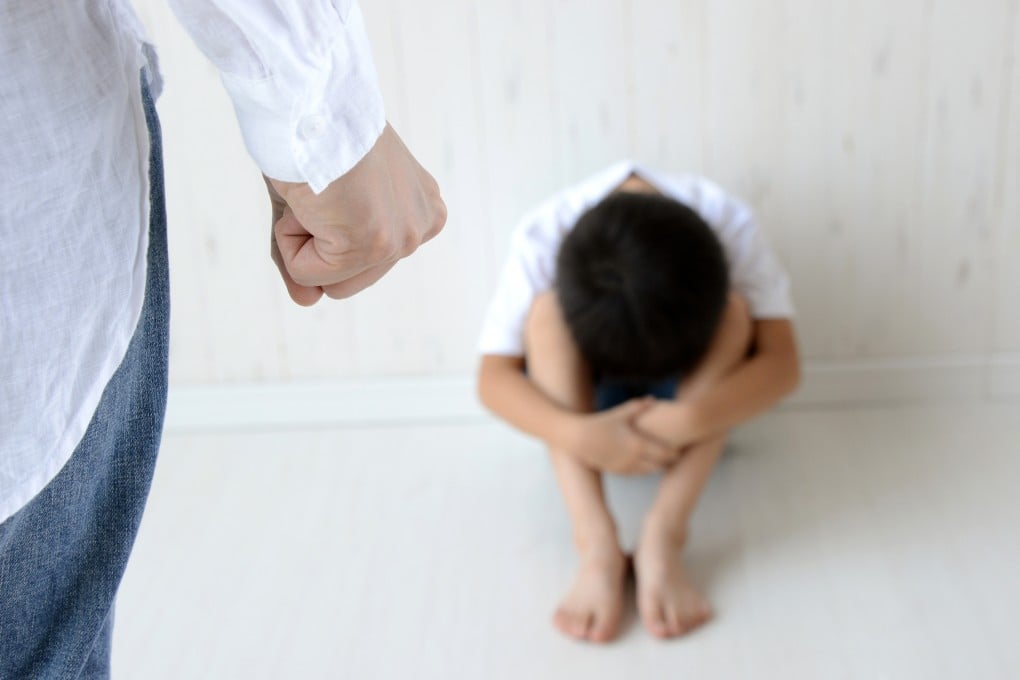Editorial | Clarify guidelines on reporting child abuse
- Officials should seriously consider the Ombudsman’s advice that education and welfare authorities should revise and align their guidelines to give clearer instructions to teachers

Society has to strike a balance between a duty to safeguard the welfare of children and respect for the rights of parents. A case in point would be suspected abuse involving parents, relatives or friends, of which from time to time there are shocking examples. This raises sensitive questions of reporting and intervention that have prompted an investigation by Hong Kong’s ombudsman and, separately, an overhaul of the mainland’s child protection laws.
Across the border, officials have been strengthening legal safeguards against abuse, which for the first time include physical or online bullying. Proposed amendments to the Minors Protection Law reviewed by the recent National People’s Congress Standing Committee meeting empower civil authorities from county level up to step in as temporary guardians for up to a year when parents or guardians fail in their duty of care to children at risk of sexual or physical abuse or trafficking. Schools will need to establish anti-bullying measures, including training staff and cooperating with authorities. Bullying is insidious abuse, and these welcome measures should be kept under review.
Chiu also pointed to discrepancies in the exercise of discretion between the school guide and the welfare department’s guide, which says a school should inform parents or guardians when referring a possible case of child abuse, but calls for “special attention” when either is under suspicion. The school guide imposes no obligation to inform parents or seek their consent for a referral to police or social welfare. Welfare officials say this has given rise to doubts among school personnel about how to proceed. This is hardly reassuring in terms of protecting the welfare of a child. Officials should seriously consider Chiu’s advice that education and welfare authorities revise and align their guidelines to give clearer instructions to teachers.
